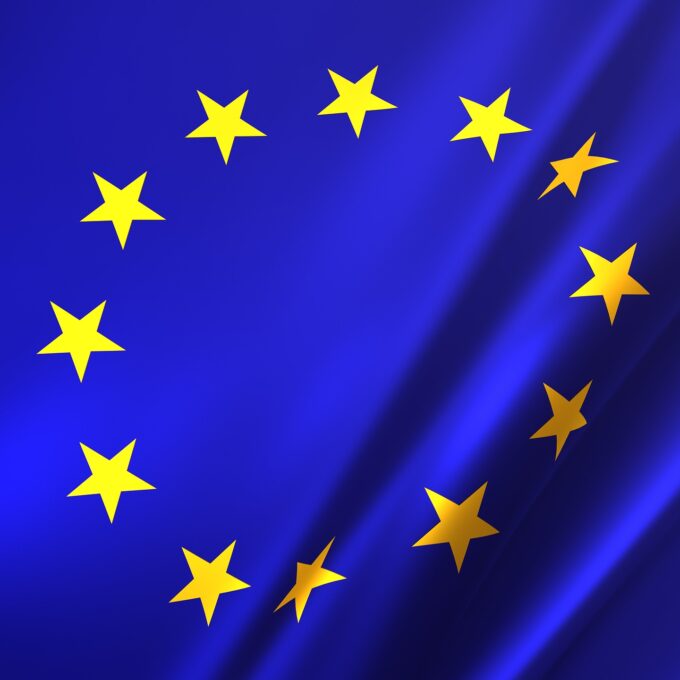Publications 23.05.2025
Problems with the Polish special act and posting of workers following the EU Council decision

Member States of the European Union, including Poland, are currently developing special regulations (so-called special acts) enabling the legal residence and work of Ukrainians fleeing the war. National regulations will differ from one another. However, regardless of national solutions, on 4 March 2022, by Council Decision 2022/382, the provisions of Council Directive 2001/55/EC of 20 July 2001 establishing minimum standards for temporary protection in the event of a mass influx of displaced persons were activated.
The decision introduces temporary protection for three categories of persons:
- Ukrainian citizens residing in Ukraine who were displaced from 24 February 2022 as a result of the military invasion by Russian armed forces which took place on that day;
- third-country nationals or stateless persons legally residing in Ukraine who were displaced from 24 February 2022 due to the military invasion by Russian armed forces which occurred on that day, and who are unable to return to their country or region of origin in a safe and durable manner due to the situation prevailing in that country of origin. This may include persons who, at the time of events leading to the mass influx of displaced persons, held refugee status or equivalent protection in Ukraine, or who applied for asylum. Third-country nationals who were legally long-term residents in Ukraine at the time of the events leading to the mass influx should benefit from temporary protection regardless of whether they could return to their country or region of origin safely and durably;
- family members of the two above-mentioned categories, provided such families existed in Ukraine at the time of the circumstances leading to the mass influx of displaced persons, regardless of whether the family member could return to their country of origin safely and durably. According to Council Directive 2001/55/EC, a family member means the spouse of a person belonging to the two aforementioned categories or a partner in a stable relationship with that person, if the law or practice of the Member State treats unmarried couples comparably to married couples under its immigration law; minor and unmarried children of the two categories or their spouses, regardless of whether they were born in or out of wedlock or adopted; other close relatives who lived together as one family at the time of the circumstances leading to the mass influx of displaced persons and who were wholly or partly dependent on the persons belonging to the two categories.
Problems with the Polish special act
Poland, based on Implementing Decision 2022/382, is obliged to provide assistance to every Ukrainian citizen arriving in Poland, as well as stateless persons and third-country nationals other than Ukrainians who resided in Ukraine before the outbreak of war, i.e. before 24 February 2022, and who meet the conditions described in that decision. Meanwhile, the Polish special act published on Saturday, 12 March 2022, completely omitted the category of other persons, including stateless persons and third-country nationals other than Ukrainians, who legally resided in Ukraine and who are unable to return safely and durably to their country or region of origin.
Issues concerning the posting of workers
The Council Decision has significant implications for the European labour market, as Ukrainians covered by temporary protection should gain full and free access to the labour markets of all Member States. However, legislation in some countries may create additional problems in this regard. For example, German regulations preventing third-country nationals from taking up work without an additional visa – the so-called Vander Elst visa – may be considered incompatible with the directive’s content. It is, however, difficult to predict whether under German law such cases would qualify, for example, as tolerated stay with the possibility of work and thus exempt refugees from the need to obtain a visa.
Note
Ukrainian citizens who did not reside in Ukraine before the Russian invasion began (i.e. 23 February) or who left Ukraine before the invasion began (i.e. before 24 February) are not covered by the scope of the EU decision.
Publications 23.05.2025
See also
Publications

A mistaken transfer can be costly. From whom can you seek a refund? Supreme Court ruling.
Publications

The Polish Deal in a nutshell – summary of changes in taxes and labour law
Publications
The free acquisition of assets from non-registered companies by the State Treasury is unconstitutional.